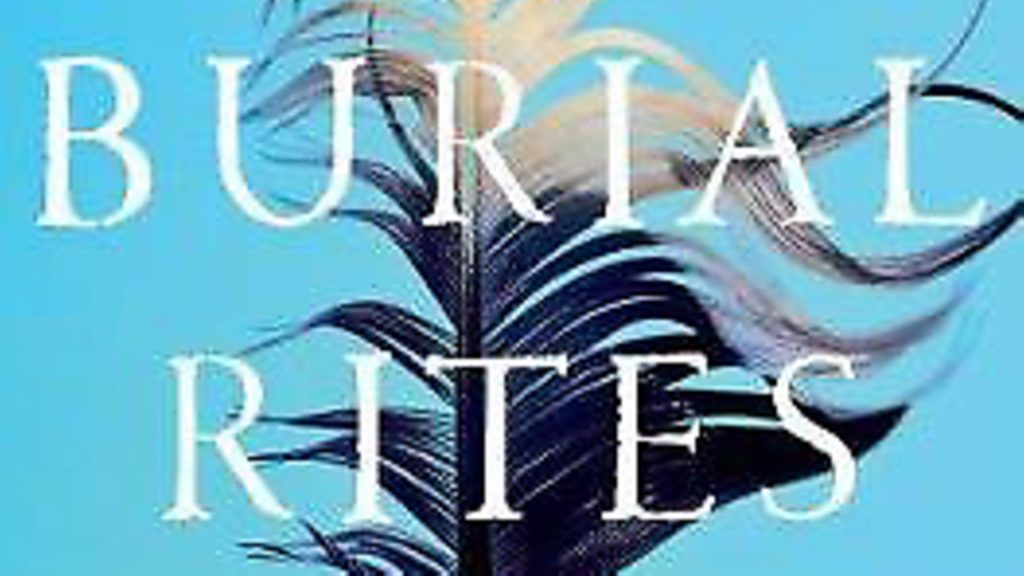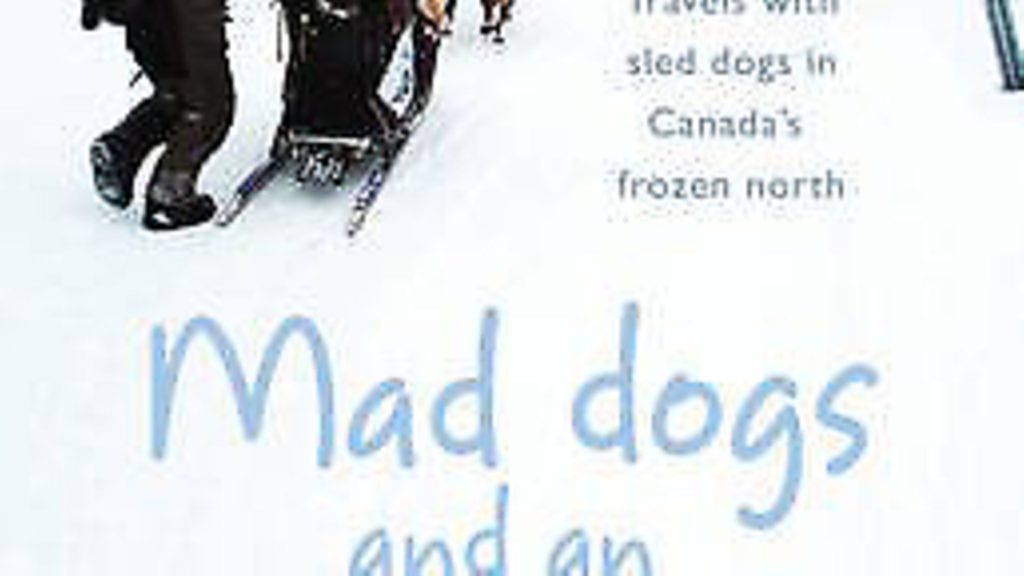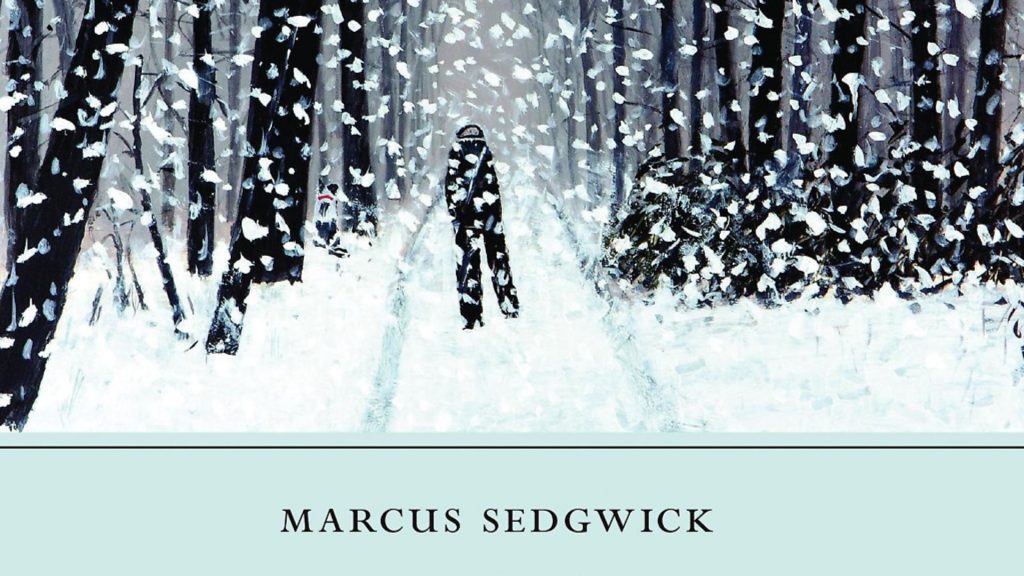
After Jonathan Franzen’s puffed-up advice for aspiring writers got a mauling online, CHARLIE CONNELLY offers his own, less pretentious tips.

Jonathan Franzen is a Serious Writer, the sort of Serious Writer who requires capital letters whenever you describe him as a Serious Writer. Most of us are serious writers inasmuch as we take our writing seriously and try to make it as good as we can, but that’s just peanuts compared to how seriously Serious Writers like Jonathan Franzen take their writing and how seriously they’d like us to take their writing too. These guys – and it is usually guys – have serious things to say that need to be not only said seriously but read seriously, interpreted seriously and discussed seriously, for writing is a serious business.
When you see a picture of Jonathan Franzen he is usually looking very serious. His hands are clasped together under his jaw, or one hand is resting lightly on his brow or, in that classic Serious Writer pose favoured by portrait photographers since the days of the daguerreotype, the forefinger is curled against the chin. There are a few photographs out there where he appears to be smiling but this could just be trapped wind. Otherwise Jonathan Franzen is a walking, talking furrowed brow who takes Serious Writing to new levels of Serious Writing to the point where he’s effectively the Serious Writer’s Serious Writer.
It was in that capacity that last week he published on the US-based literary website LitHub ten bullet points of advice for writers. They were, as you can probably imagine, very serious. They were, as you can probably imagine, lampooned to the highest of heavens on social media.
In ten pithy gobbets Franzen covered matters practical, rhetorical and philosophical. He also seized the opportunity to try, in the manner of the true Serious Writer, to sound incredibly brainy. This wasn’t a clubbable, hey-we’re-all-in-this-together-pals proffering of useful tips for those hammering away at a manuscript in the odd snatched few minutes when not at work or juggling the noisy, smelly needs of small children. No, these were tablets of stone handed down from on high. This was not just ten pieces of advice for aspiring writers but a crack at The Great American Ten Pieces Of Advice For Aspiring Writers.

Let’s look at some of the highlights. ‘You see more sitting still than chasing after,’ he writes as number seven, which surely depends if you’re chasing after something absolutely massive or not. Number five reads, ‘When information becomes free and universally accessible, voluminous research for a novel is devalued along with it’, which is one in the eye for anyone using their local library to research their book.
The last piece of advice, number ten, was probably the most enigmatic of the lot, with the possible exception of the one in which he describes Kafka’s Metamorphosis, in which the protagonist is a travelling salesman who turns into an insect, as the most autobiographical novel ever (you can sort of see what he’s getting at but that’s not so much a piece of advice as a hilariously pretentious bit of literary showboating).
Number ten read, ‘You have to love before you can be relentless’, at which point I pictured Franzen typing the full-stop at the end, taking off his spectacles and sucking lightly on the end of one of the arms, leaning back in his chair and congratulating himself on ending with something so cleverly obscure, so ingeniously enigmatic that he could just go ahead and give himself a great big cuddle, right there.
As pieces of advice for aspiring writers, Franzen’s ten are practically useless but then they weren’t really supposed to be anything else. This wasn’t so much the sharing of lessons learned and experience gained as an exercise in showing off, a pulling up of the ladder to emphasise the forbidding gulf between Serious Writers and the riffraff with their crumb-covered keyboards and bleary 5am snatches of time before the real world recommences its diurnal round. Not read Kafka’s Metamorphosis, huh? Well how can you possible expect to write a publishable novel, you dribbling oaf?

Should we expect anything else when great writers decide to pass on some of their expertise and experience to us lesser mortals? There is no big secret, no magic formula to being a successful writer. What works for one person might be disastrous for another.
While some might advocate, say, writing early in the morning – Tolstoy, for example, believed that, ‘in the morning one’s head is particularly fresh’ – others will bang the drum for late at night. ‘When the objective world has slunk back into its cavern and left dreamers to their own there come inspirations and capabilities impossible at any less magical and quiet hour,’ said H.P. Lovecraft. ‘No-one knows whether or not he is a writer unless he has tried writing at night.’
Some writers’ advice is very specific. Elmore Leonard’s ‘never open a book with the weather’ is something surprisingly helpful that I’ve always subscribed to, while Muriel Spark’s belief that a writer should own a cat (‘the effect of a cat on your concentration is remarkable and very mysterious’) is something I haven’t.
Having turned out a few books myself to widespread disinterest people sometimes ask me for advice, something that I’ve invariably reacted to with horror as I don’t really have much of a clue how it’s done. It’s only relatively recently that I’ve realised nobody else does either. They just do what seems to work for them. It’s a bit like learning a trade or a musical instrument: someone can show you the basics, then it’s up to you to hone and develop your technique. We have school to show us the basics – spelling, grammar and what have you – but after that we’re on our own.

So here, presented almost as a dose of anti-Franzen, are what I’ve told people in response to requests for advice. Bear in mind that they won’t work for everyone. Some of them don’t even work for me, to be honest.
1 Write. Sounds obvious but it’s the only way you’re going to develop your own style and technique. Write whenever time allows, about anything and everything. It’s like practising scales on a musical instrument: you won’t necessarily enjoy it but it’s giving you the subconscious knowledge to loosen the shackles, making rules and technique a jumping-off point rather than a straitjacket.
2 Read a lot. Read things you enjoy by writers you enjoy. Don’t think too much – or even at all – about what those writers are doing and how, just immerse yourself in it: you’ll absorb influences subconsciously and be a better writer for it. As the American novelist and screenwriter Gene Fowler said: ‘The best way to become a successful writer is to read good writing, remember it, and then forget where you remember it from.’
3 Don’t try and sound like a writer. There is a temptation to adopt what you might think is a writerly tone but it’ll just makes you sound like a phoney. The best way to spot when you’re falling into this trap is when you find yourself using the word ‘somewhat’. That’s always a dead giveaway: ‘he felt somewhat embarrassed.’ No, he felt embarrassed. ‘Somewhat’ is a vacuous space-filler and the surest sign that you’re trying to sound like a writer rather than sound like you, and that comes down to confidence. Which brings us to the next point.
4 Trust yourself. Don’t be afraid of using your own voice. It’s what you’re best at, you’ve been doing it since you were in nappies, now it’s just a question of writing it down in an agreeable manner.
5 Have something interesting to say and say it in an interesting way. This definitely applies if you’re looking to be published. Stylistically speaking you could be the best writer in the world but if nobody’s interested in what you’re writing about then they’re not going to read it. The publishing industry isn’t a competition to find the best writer, it’s a commercial operation – it’s what sells that counts so write something sellable. And the Dan Browns and E.L. Jameses people are always slagging off? It’s their massive sales that will fund a publisher’s decision to take a punt on your first novel, sunshine.
6 Limit your research. Ian Rankin says he writes the book first and then goes back and does the relevant research, thus ensuring he only does what he needs to do. It’s easy to be lured down rabbit holes and along tangents when you find something that piques your interest: my last book was several months late because I did far too much research which led to far too much writing, meaning by the time I submitted it to my editor I’d written twice as much as I was supposed to, an excess that was swiftly excised and binned.
7 Jonathan Franzen is an evangelical advocate of avoiding the internet while writing. This is one thing we can agree on. Distraction is the bane of writerly productivity. You can tell when I’m up against a book deadline because I’m not on Twitter. You can also tell when I’m up against a book deadline because I’m on Twitter more than ever.
8 Find your writing space. Whether it’s a dedicated room with large windows looking out over mountains, sea or steppe or a corner of the kitchen table near the bin, find what works for you. It doesn’t have to be fancy. If you find yourself worrying about table heights or what inspirational prints to hang over your desk then you’re just trying to avoid the actual writing. Helen Simpson says she just has a Post-it on the wall over her desk with ‘Faire et se taire’ written on it, a line from Flaubert ‘which I translate for myself as ‘Shut up and get on with it”. Good advice.
9 Have a few carefully-chosen people in mind for whom you are writing. You can’t just write for yourself and you can’t write trying to second guess the reactions of reviewers, editors and readers. Once you’ve learned to trust yourself it’s time to write for those you trust. I have about half a dozen friends, whose opinions I respect and value, in mind when I’m writing (and if any of my friends are reading this, you’re definitely one of them).
10 Enjoy it. It’s supposed to be fun. In the light of this I shall leave you with my favourite quote from a writer on writing and again it comes from Gene Fowler. ‘Writing is easy,’ he said. ‘All you have to do is stare at a blank piece of paper until drops of blood start to form on your forehead.’










